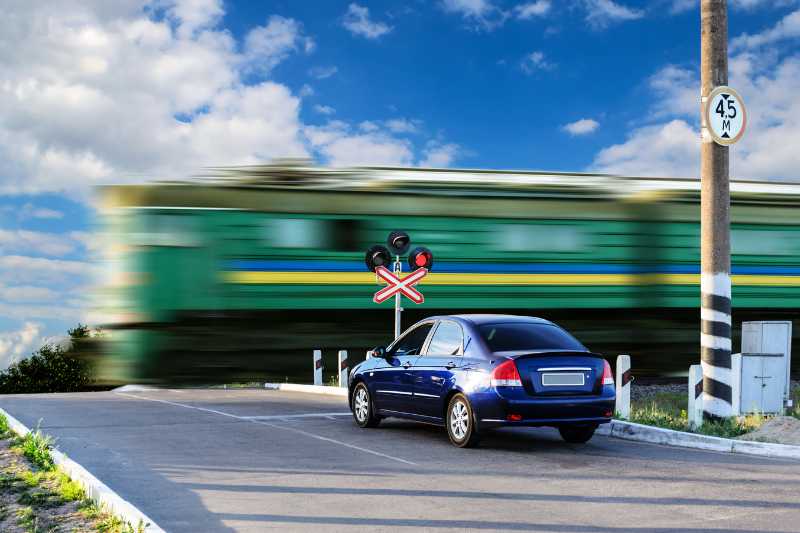Question
Governments should spend more money on railways rather than roads. To what extent do you agree or disagree with this statement?Model Answer
Governments around the world spend large amounts of money on transportation infrastructure. Given the sums of money involved, there needs to be a coherent strategy in place. A key component of such a strategy is whether to prioritise travel by train or car. I believe that investing in the rail network is preferable for both practical and environmental reasons.
The main argument in favour of investment in rail is that railways can carry more people more easily. When operating a rail network, it is relatively easy to scale operations by adding additional services or increasing the number of carriages available. Doing so does not increase the overall journey time on a particular route. In contrast, as more cars travel on a road, the resulting congestion often causes travel delays. Additionally, building more roads only attracts more cars, which further exacerbates the problem.
Another advantage of rail travel is that it is more environmentally friendly than travelling by car. A railway track can be built relatively unobtrusively through areas of natural beauty and without damaging the surrounding countryside. Motorways, on the other hand, are often up to eight or ten lanes wide, the construction of which irrevocably changes the nature of where they are built. In addition, roads also have a greater impact in terms of creating more air pollution, noise disturbances, and carbon emissions.
In conclusion, although constructing a railway network can be expensive at first, the long-term benefits in terms of increased capacity and reduced environmental impact mean that it is by far the best option.
(258 words)
